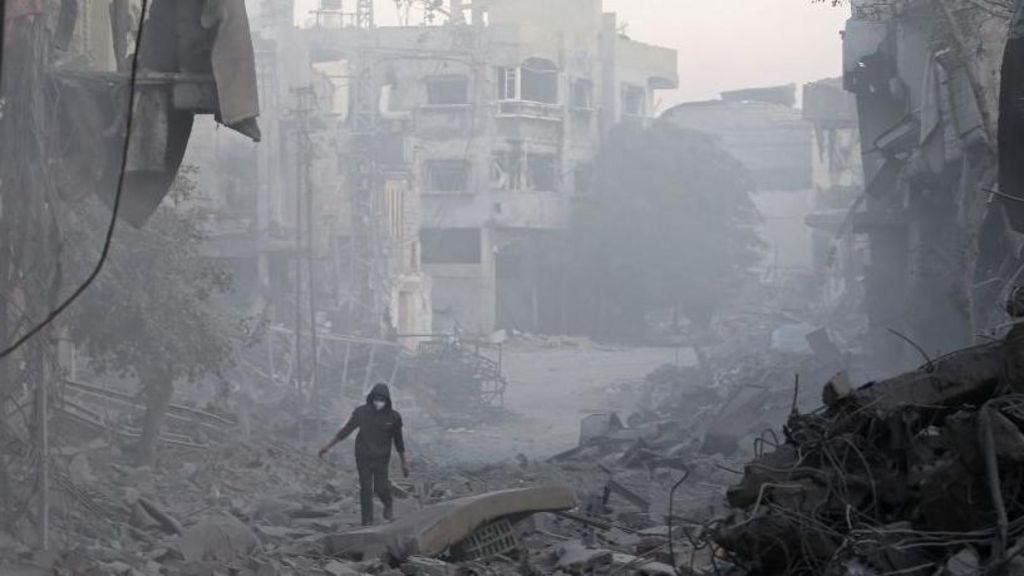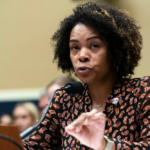
A Gaza ceasefire and hostage release agreement, initially proposed in May, is gaining renewed attention in Doha talks between Israel and Hamas. Several key developments have altered the landscape for negotiations.
Donald Trump’s election as the next U.S. president has emerged as a significant factor. His warning about serious consequences if hostages aren’t freed before his January 20 inauguration may influence Hamas’s calculations, considering the possibility of reduced restraints on Israeli actions. Israel also faces pressure from Trump to resolve the conflict, as it could affect his broader regional objectives and desired legacy as a peacemaker.
Netanyahu’s position is complex, balanced between Trump’s influence and his far-right coalition partners’ war stance. While Finance Minister Bezalel Smotrich has publicly opposed the deal as “a catastrophe,” some analysts suggest that both he and National Security Minister Itamar Ben-Gvir may remain in government to maintain influence over West Bank policies, particularly with Trump returning to office.
Internal pressure from Israel’s military establishment presents another shifting dynamic. Senior military figures have reportedly questioned the continued warfare’s diminishing returns, especially following significant Hamas leadership losses and Gaza’s extensive damage. The recent deaths of 10 Israeli soldiers have intensified scrutiny of Netanyahu’s “total victory” objective, with some experts suggesting Hamas’s rebuilding outpaces Israel’s military progress.
Regional changes also factor in, including the weakening of Hamas’s allies in Iran’s “Axis of Resistance” and the death of Hamas leader Yahya Sinwar in Gaza.
However, fundamental disagreements persist. Hamas seeks war termination, while Israel wants to preserve the option to resume fighting. The proposed three-phase deal, outlined by Biden in May, delays permanent ceasefire until phase two. Success likely hinges on guaranteeing Israel’s commitment beyond the initial hostage release phase, while questions about administering territories after Israeli withdrawal remain unresolved.
Recent diplomatic activity, including Netanyahu sending security agency heads and a key adviser to Doha, along with Palestinian detainee coordinator Qadoura Fares’s participation, suggests progress. While previous talks have failed, this renewed effort occurs amid heightened internal and external pressures, potentially creating more favorable conditions for agreement.












Be the first to leave a comment